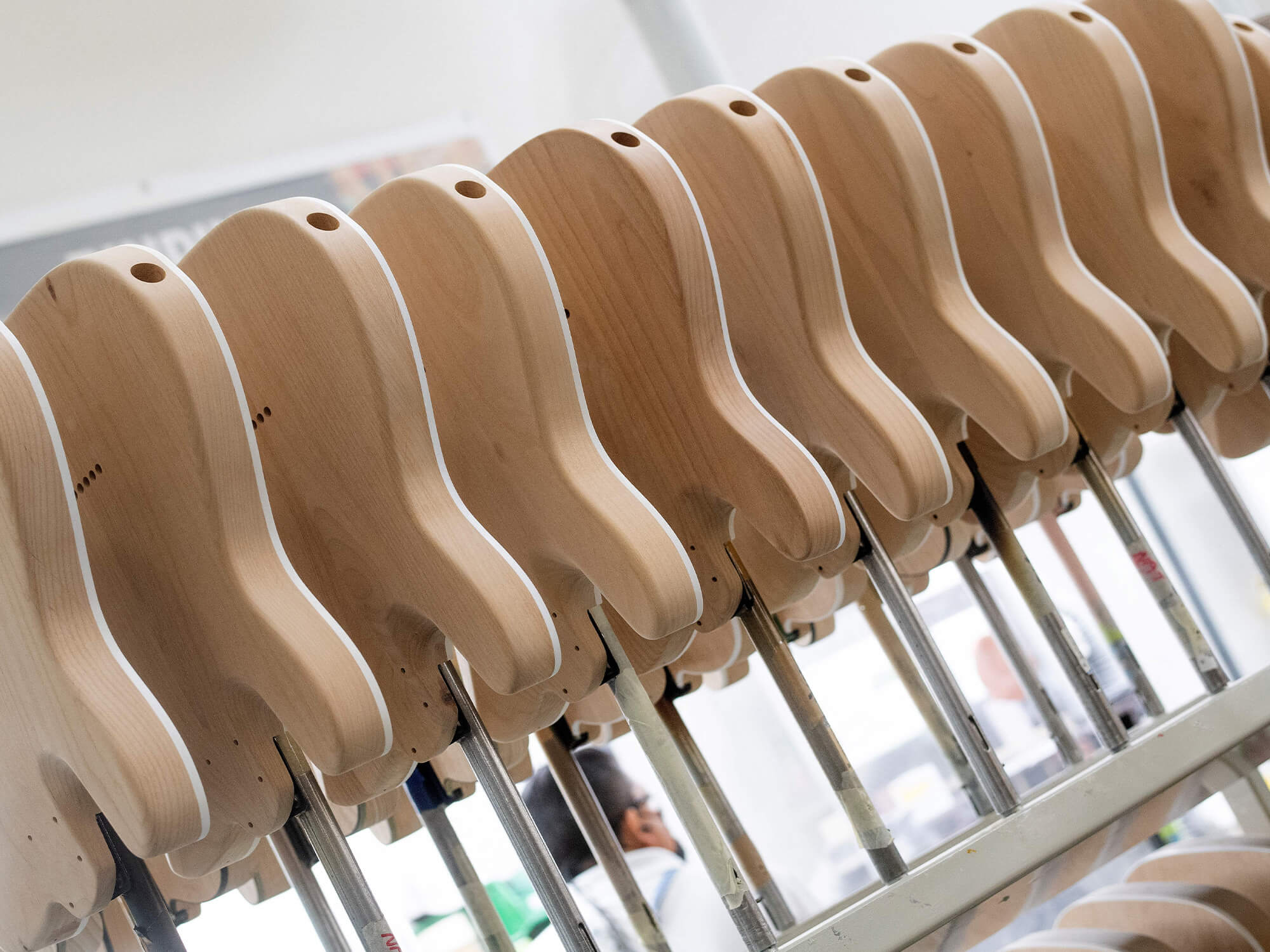Related Tags
“He didn’t really see differences between woods”: Leo Fender didn’t believe that tonewoods had much impact on a guitar’s sound
Don’t let Paul Reed Smith see this…

Image: Valerie Macon / Getty
Leo Fender, despite founding one of the biggest guitar brands still in business today, wasn’t actually a believer in the differences between tonewoods. In fact, he selected woods purely based on their availability and affordability.
Fender founded the brand in 1946, when he established the Fender Electric Instrument Company. Later on into his business ventures, Fender and his colleagues regularly consulted local players to find out what they wanted in a guitar, and one of them was Tim Bailey.
- READ MORE: Fender’s ownership history in a nutshell
As Fender was setting up his last brand, G&L, he sat down with Bailey in his workshop and talked through the prototypes for what became the F-100, G&L’s first guitar. Bailey was of the view that different body woods in solid body electric models made minimal difference in tone, and was surprised to find out that Fender seemingly felt that way too.
In an interview by Reverb, Bailey recalls what happened during his time in the workshop, and most prominently what Fender had to say about this matter.
“That’s why he used whatever wood was available for his body blanks. Over the years, Leo made his guitars out of pine, alder, ash, poplar, mahogany, and so on. When I asked why, he said he preferred what was readily available – and affordable,” he says.
“And when he measured responses on his scope, he didn’t really see differences between woods. Remember, Leo was partially deaf by then, and he never learned to play a guitar, which may have influenced his feelings on the subject. However, I still agree with him.”
Likely a debate the guitar community will never see the end of, tonewoods are a touchy subject for both luthiers and players. PRS Guitars’ Paul Reed Smith is just one industry figure who’s been vocal on the matter.
Matteo Mancuso, on the other hand, just recently argued that “you don’t need to spend a lot of time finding the right wood for the fretboard or the right pickup combination”, but instead, it’s how well your guitar stays in tune and how comfortable it is for you to play that matters.
